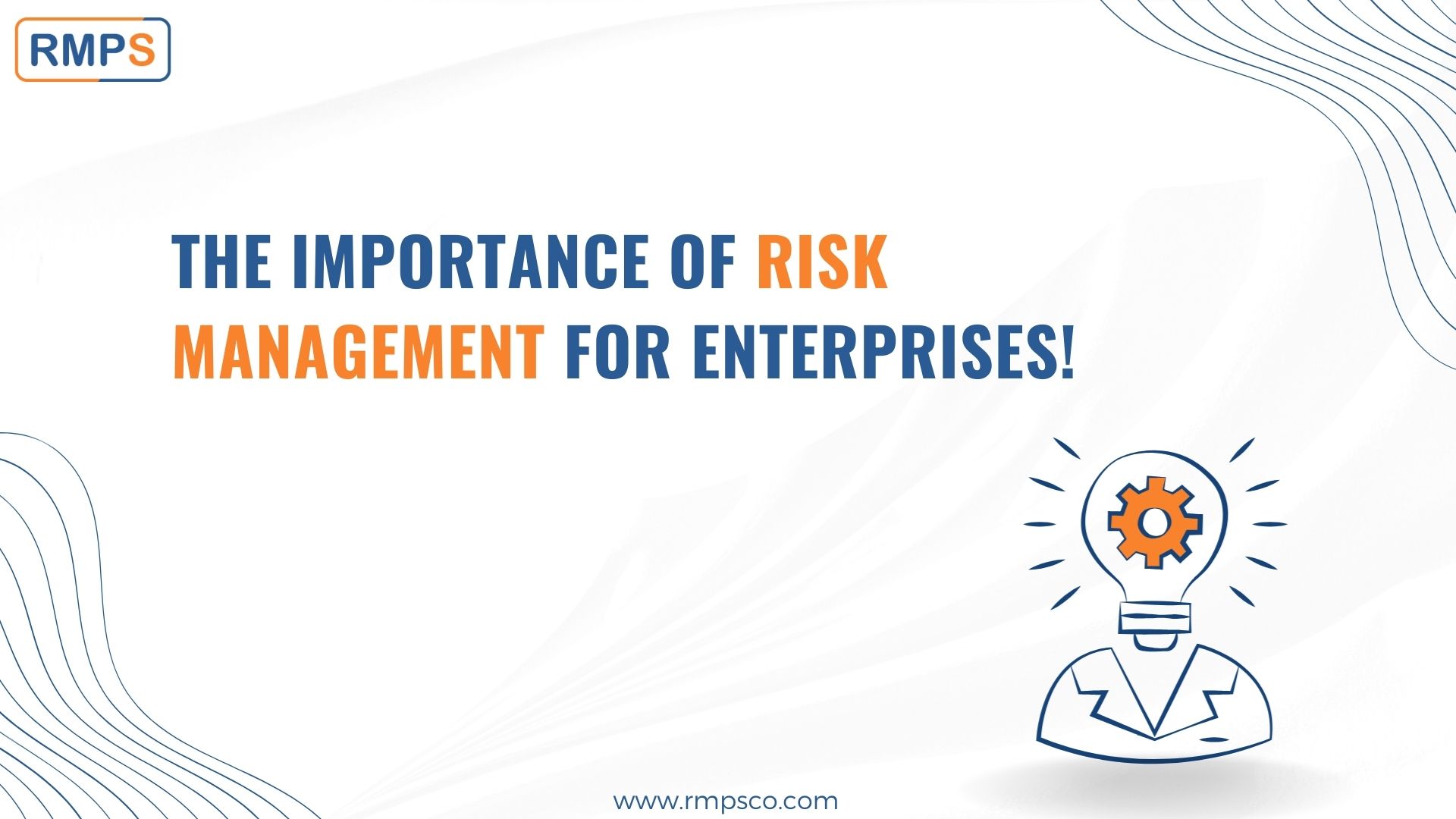Why the Importance of Risk Management Cannot Be Neglected in Today’s Modern Economy
Why the Importance of Risk Management Cannot Be Neglected in Today’s Modern Economy
Blog Article
The Important Relevance of Risk Management in Getting Organizational Goals
In the swiftly progressing service landscape, the capacity to browse uncertainty has ended up being a crucial. This is where Risk Management steps in, giving an organized technique to recognizing, evaluating, and mitigating potential roadblocks to progress. It's greater than just a protective step - it's a strategic device, promoting strength and technology. As we check out the important function of Risk Management in attaining organizational goals, one can't help but ask yourself: just how does this convert into real-world success?
Understanding the Concept of Risk Management in Service

The Essential Role of Risk Management in Strategic Planning
Integrating Risk Management right into critical preparation acts as a guard for organizations, anchoring their long-term strategies with a strong structure of preparedness and strength. Risk Management uses a structure for anticipating uncertainties and developing suitable reactions, guaranteeing the company's survival and prosperity even in the face of adversity. By integrating Risk Management into critical preparation, companies can change these uncertainties right into chances for development and technology.

Methods for Identifying, Assessing, and Prioritizing Threats
Browsing the complex landscape of threats needs the application of specific strategies for their prioritization, evaluation, and identification. The process starts with Risk recognition, employing devices such as SWOT analysis, which aids in identifying possible dangers and chances. Next off, Risk analysis is conducted to identify the potential influence and possibility of each Risk. Tools such as Risk matrices and impact-probability charts are made use of for this. Lastly, threats are prioritized based upon their possible effect and chance, allowing organizations to concentrate their resources on critical threats. This systematic technique guarantees a comprehensive understanding of the Risk landscape, enabling companies to make informed decisions and properly manage dangers to attain their objectives - importance of risk management.
Securing Business Operations Through Effective Risk Management
In the service landscape fraught with uncertainties, reliable Risk Management plays a critical function in safeguarding organizational procedures. It functions as a protective shield, mitigating the damaging effects of possible threats and guaranteeing the smooth functioning of all processes. By identifying and evaluating possible risks, Risk Management enables organizations to develop durable contingency plans. This preventative strategy help in preserving operational stability, also when confronted with unanticipated circumstances. Essentially, Risk Management is the lifeline that maintains the business operations afloat amidst unstable waters. It ensures not just the survival but the sustainable development of a company, making it a vital tool in achieving company purposes. Thus, companies need to spend in comprehensive Risk Management techniques to safeguard their procedures.

Converting Potential Dangers to Opportunities: The Power of Risk Management
While prospective hazards might originally show up as obstructions to business success, reliable Risk Management can change them right into opportunities. A positive method to run the risk of Management entails identifying, examining, and focusing on threats Discover More to devise methods that transform them right into possible benefits. This process requires the advancement of a risk-aware society within the company, motivating people to view risks as prospective catalysts for adjustment and development, rather than plain hazards. importance of risk management. Through this lens, possible risks become possibilities to introduce, enhance processes, and enhance durability. Thus, by leveraging the power of Risk Management, organizations can not only safeguard their he said operations however additionally spur development and attain their goals in an uncertain business atmosphere.
Case Studies: Success Stories of Risk Management Driving Service Objectives
Successful execution of Risk Management methods has generated remarkable results in various organizations, highlighting the merits of this technique. Multinational business like Microsoft and Google, for circumstances, have leveraged Risk Management to lessen dangers and exploit opportunities, driving their organization goals forward. These examples show exactly how effective Risk Management can not just guide businesses clear of prospective challenges but likewise lead them towards their calculated objectives.
Conclusion
In conclusion, Risk Management is fundamentally important in accomplishing business best site objectives. By including Risk Management right into critical preparation, services can better navigate uncertainties, secure procedures, and capitalise on opportunities, consequently aligning with lasting purposes.
At its core, Risk Management is the process of recognizing, evaluating, and dealing with possible risks that might negatively affect a company's procedures or objectives. Next off, Risk analysis is performed to ascertain the prospective effect and probability of each Risk. Risks are prioritized based on their prospective effect and likelihood, permitting companies to focus their resources on critical threats. By identifying and analyzing prospective threats, Risk Management allows organizations to develop durable contingency plans. An aggressive technique to take the chance of Management involves recognizing, examining, and prioritizing risks to devise approaches that transform them into possible benefits.
Report this page